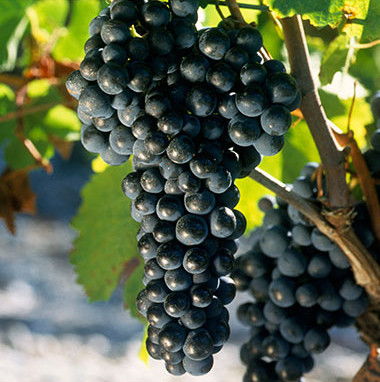Learn wine vocabulary thanks to this primer specially designed by the Bordeaux Wine School.
M

Learn wine vocabulary thanks to this primer specially designed by the Bordeaux Wine School.

WELCOME TO BORDEAUX.COM
BY ENTERING THIS SITE, I CERTIFY THAT I AM OF LEGAL DRINKING AGE IN MY COUNTRY OF RESIDENCE